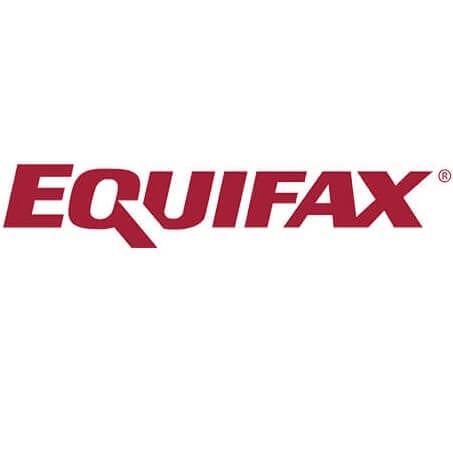Relationship fraud and romantic scams: What Canadians need to know

It’s bad enough to cheat scammers through the internet. But when the scam takes the form of relationship fraud, it’s double harm, with criminals pretending to be friends, confidants and even romantic partners.
“One thing that has been hugely devastating to romantic scams is that the victims not only lose money, but also the emotional connection they think they are emotionally connected to the other party,” said Julie Kuzmic, senior compliance officer for consumer advocacy at Equifax Canada in Canada. “It’s an extra betrayal,” Kuzmici said, adding that in addition to suffering financial losses, victims may feel deeply saddened and ashamed, and they may find it difficult to recover.
Unfortunately, according to the Canadian Anti-Fraud Center (CAFC), more and more Canadians are becoming victims of relationship fraud, especially romantic/investment scams. This is something to be paid attention to.
How does relationship fraud work?
Romance and relationship scams usually start with a fraudster, on social media or dating apps, or reaching someone via email or text. Sometimes, the goal is to form enough bonds to allow the goal to click on a link or reveal personal information, such as email or physical address, date of birth, or financial data. Criminals can use these details for identity fraud, such as applying for a credit card in your name. But tricks can also lead to longer and larger scams.
“Usually, fraudsters will tinker with a relationship for quite some time. That could be months,” Kuzmici said. Along the way, fraudsters will invent emergencies, for example, claiming that their salary has been delayed and they need to pay their children’s tuition or they will be kicked out of college.
At first, fraudsters asked for a relatively small amount of money to be borrowed. “Maybe it just, ‘Can you help me with $100?” Kuzmici said. “They may actually pay back the money.”
But once they gain the trust of their target, fraudsters may propose an investment (usually involving cryptocurrencies) that they could have profited from to help the target make money. According to the CAFC website, “They can even let you cash in on some of your investment returns just to get you investing in larger funds. The suspect will “coach” how to invest in its fraudulent cryptocurrency platform.” Ultimately, the victims of relationship fraud lose a lot, step by step or with a big score. When their new “friend” suddenly becomes evasive or disappears, it turns out that person is fictional, or a combination of several people’s names, photos, email addresses, and other details.
sponsor
Equifax fully protected
Equifax Complete Protection is a credit and cybersecurity protection service designed to help Canadians spot signs of identity fraud.
- Provide daily credit monitoring and alerts
- Scan your personal data on the dark web
- Industry leader Zerofox’s social media monitoring
Subscription Price: $34.95 per month
Relationship fraud warning signs should be paid attention to
“One of the very common red flags is when the other party conveys a sense of urgency,” Kuzmici said. “The fraudsters prey on people’s willingness to help someone, and their fear of encountering rude, ruthless or suspicious fears.






